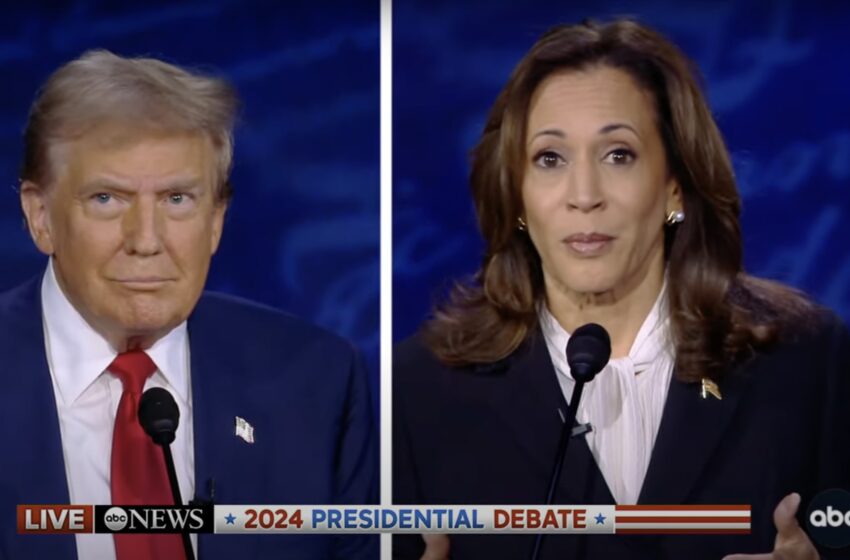Gaza conflict reshapes 2024 election: Muslim voters rethink party loyalty

The Gaza conflict, along with the indiscriminate bombing of neighborhoods in Beruit, may have a substantial impact on the 2024 U.S. election, particularly in closely contested states and among key demographic groups.
By Iqbal S. Hasnain
The political landscape for Americans in general, and Muslims in particular, during the 2024 United States Presidential election is marked by deep divisions. For the first time, the Muslim community is supporting Donald Trump of the Republican Party, abandoning the traditionally favored Democratic party. While the majority of voters are deeply frustrated with President Biden and Vice-President Harris’ handling of the genocide in Gaza. Despite eleven visits to the region by the Secretary of State Anthony Bilken, the Israeli Prime Minister has not agreed even to a short-term ceasefire for supply of food and medicines to trapped Gazans. This is unprecedented and reflects the absence of American leverage with Prime Minister Netanyahu. The twenty-first century genocide under the active support and oversight of Biden-Harris administration will always be remembered in the modern American history.
American Muslims are aware that Trump’s policy is likely to be even more stridently supportive of Israel but he has promised to stop the mass killing of human race. Another factor driving Muslim voters toward Donald Trump includes alignment with certain conservative social issues, such as LGBTQ+ rights and parental rights in schools. Trump has also appealed to small business owners and religious conservatives within the Muslim community, who feel that the economic environment under his administration allowed them more financial stability and control over local social issues, like flag policies and education
The potential shift in Muslim voter support could be crucial for Trump’s election, especially in key battleground states where small changes in voter alignment can impact election outcomes. The Republican campaign’s outreach to Muslim leaders and communities appears to be paying off, creating a complex voter landscape for Democrats who traditionally enjoy the majority of Muslim votes in swing states like Michigan.
President Biden’s unwavering support for Israel has led to a sharp decline in his popularity among liberal Americans and Muslims voters. This disillusionment with the Democratic Party has reached unprecedented levels, with only 12% of Muslim voters intending to support Democratic party in 2024, a steep drop from the 65% who backed the party in 2020.
The violence and humanitarian crisis in Gaza are energizing socially conscious voters who seek candidates with strong stances on human rights. For many, this issue reflects broader values of compassion and international accountability, pushing them toward candidates who openly advocate for ceasefires, diplomatic intervention, or humanitarian aid. For some voters, the Gaza conflict sheds light on candidates’ broader foreign policy outlooks. Voters may scrutinize positions that reflect either a supportive or critical stance on U.S. aid to Israel, as well as calls for accountability. Voters concerned with military interventionism or peacebuilding may find candidates’ stances on Gaza indicative of their general approach to international conflicts.
The conflict in Gaza and Lebanon has added a significant dimension to the 2024 U.S. election, potentially influencing the outcome in ways not seen in recent election cycles. This issue resonates on both domestic and international levels, shaping voter perspectives across various demographics and regions.
In summary, Gaza’s genocide along with the indiscriminate bombing of neighborhoods in Beruit, may have a substantial impact on the 2024 U.S. election, particularly in closely contested states and among key demographic groups. The extent to which candidates address this issue—emphasizing compassion, diplomacy, or security—may not only affect voter turnout but also shape the broader narrative of U.S. engagement in global humanitarian issues.
(The writer is a former Vice-Chancellor of the University of Calicut, Kerala, India.)
